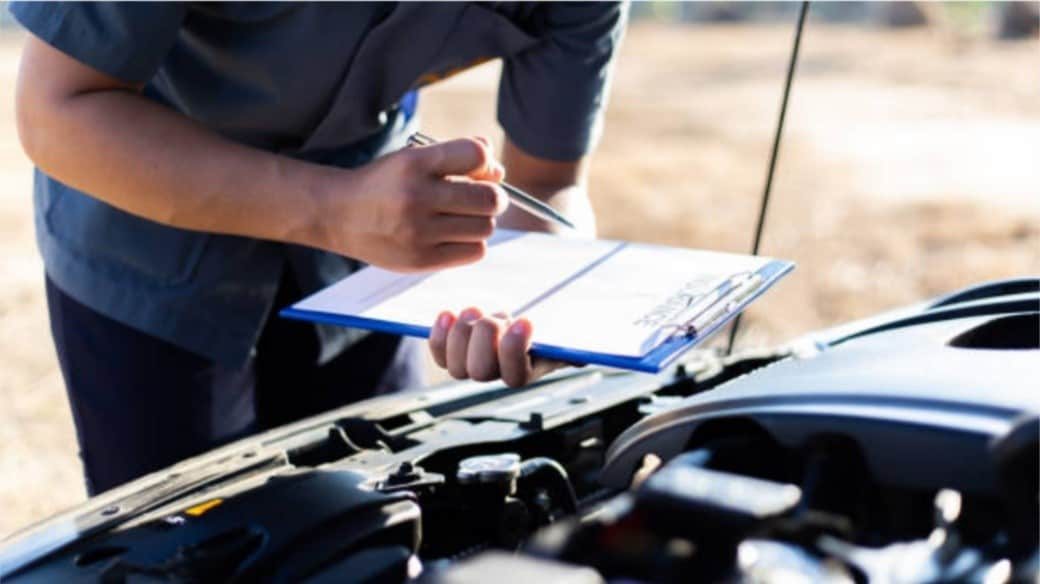All Categories
Featured

Automobile repair services can swiftly come to be an economic worry, especially when dealing with major concerns that call for extensive job and costly parts. Comprehending the elements that influence the cost of these fixings is essential for vehicle owners that want to be prepared for the unexpected. From the sort of repair required to the make from your car, a number of crucial elements can figure out just how much you'll pay for repair work. Here's a closer look at one of the most prominent aspects:
- Type of Repair work. The nature of the repair service plays a crucial duty in the cost. In addition, if the repair service involves taking apart several components, the labor prices can climb significantly.
- Make and Version of Your Vehicle. The make and version of your automobile have a substantial effect on the price of repair services. Luxury and international vehicles, such as BMWs, Audis, and Mercedes-Benz, frequently featured higher fixing prices as a result of their specialized parts and the knowledge required to function on them. On the other hand, more common vehicles like Ford or Toyota normally have cheaper components and are much easier for mechanics to service, which decreases fixing prices. Additionally, some vehicles might need specific diagnostic devices or software application for particular repair services, contributing to the general expense.
- Parts Accessibility and Top Quality. The expense of the components required for the repair service is one more major element. The rarity of parts, particularly for older or specialty lorries, can likewise drive up the cost, as finding ideal substitutes can take time and effort.
- Labor Prices. These prices vary by area and repair service store, with metropolitan locations typically billing higher rates due to overhanging prices. The complexity of the repair also plays a function; repairs that need more time or specialized knowledge, such as working on an engine or electric system, will result in higher labor charges.
- Extent of the Damage. The severity of the damage to your automobile is an additional essential aspect in establishing fixing expenses. The fixing might be relatively low-cost if the concern is minor and restricted to one part of the automobile. If the damage is considerable and needs several parts to be changed or fixed, the expense will certainly rise. A busted timing belt may require changing various other engine parts that were damaged in the process, making the repair service a lot more pricey and complex. When major systems like the transmission or engine are influenced, the fixing expense can intensify swiftly as a result of the number of components and the labor involved.
- Automobile Age and Condition. Older cars tend to need even more frequent repair services, and as parts use out over time, the expense of those repair work can increase. In enhancement, components for older versions may be harder to find, which can raise both the rate and time required for fixings.
- Place of the Service Center. The location of the service center can also affect the cost of automobile repair services. Labor rates in cities are generally more than in country or much less densely populated regions. In addition, dealers often charge a lot more for repairs contrasted to independent fixing stores, although dealerships may use OEM parts and provide customized service for your make and model. It's always a great idea to go shopping around and obtain several quotes to locate the most effective rate for the repair services you need.
- Insurance Policy and Service Warranty Insurance Coverage. In some cases, prolonged service warranties or solution plans can assist cover fixings for certain parts of the car. In addition, if the repair work is a result of a mishap, your auto insurance plan might cover the cost.

Conclusion. Numerous factors influence the cost of major auto fixings, consisting of the kind of fixing, the make and model of your vehicle, the high quality of the parts utilized, and labor costs. Understanding these elements can help you better prepare for repair work expenses and make more enlightened decisions when it's time for a major fix. Regular maintenance, consisting of timely oil changes, brake inspections, and tire rotations, can aid decrease the demand for pricey fixings down the line. If you encounter a costly repair, it's constantly a good idea to get several quotes and evaluate the benefits of using OEM versus aftermarket parts to make one of the most cost-efficient choice.
Latest Posts
Picking the Right Place: What to Take into consideration for Wedding Celebrations, Seminars, and Occasions
Published Mar 30, 25
1 min read
Host Your Perfect Event: Place Rental Alternatives for Every Celebration
Published Mar 19, 25
1 min read
Discover Red Hawk Gastropub: Where Taste Meets Innovation
Published Feb 27, 25
1 min read
More
Latest Posts
Picking the Right Place: What to Take into consideration for Wedding Celebrations, Seminars, and Occasions
Published Mar 30, 25
1 min read
Host Your Perfect Event: Place Rental Alternatives for Every Celebration
Published Mar 19, 25
1 min read
Discover Red Hawk Gastropub: Where Taste Meets Innovation
Published Feb 27, 25
1 min read